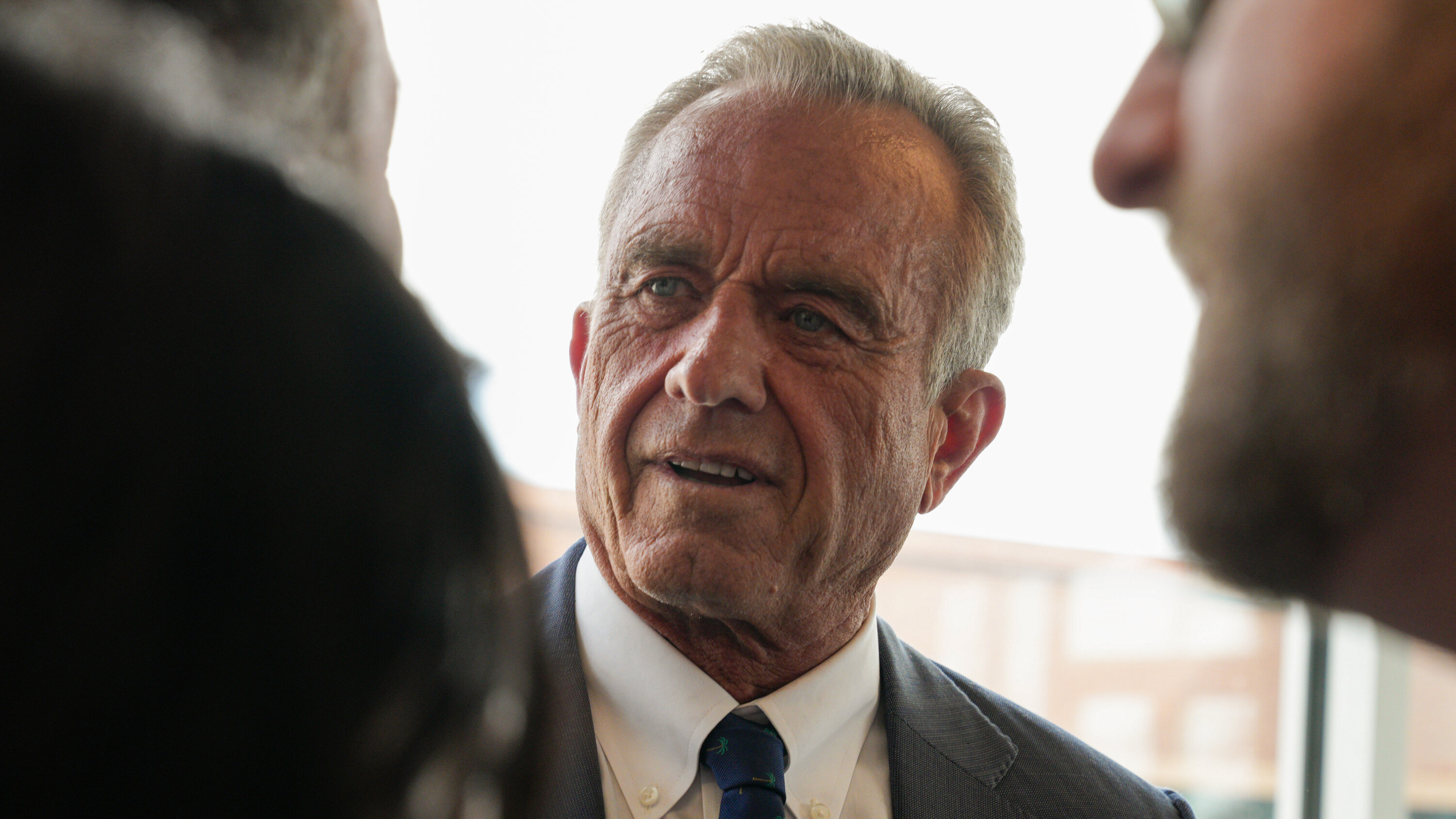Vaccine Confidence Crisis: How Kennedy's Rhetoric Is Eroding Public Trust

In a troubling departure from established public health practices, the health secretary appears to be systematically undermining the critical importance of childhood immunization. Vaccines that protect against measles and other potentially dangerous diseases have long been considered a cornerstone of community health, safeguarding not just individual children but entire populations through widespread immunity.
By casting doubt on the value of routine childhood vaccinations, the health secretary risks reversing decades of medical progress and potentially exposing vulnerable populations to preventable health threats. The scientific consensus overwhelmingly supports vaccination as a safe and essential public health strategy, with proven track records of dramatically reducing childhood mortality and preventing the spread of serious infectious diseases.
This approach not only jeopardizes the health of individual children but also threatens the broader concept of herd immunity—a crucial defense mechanism that protects those who cannot be vaccinated due to medical conditions or age. The potential consequences of such rhetoric could be far-reaching, potentially leading to decreased vaccination rates and increased risk of disease outbreaks in communities across the region.
